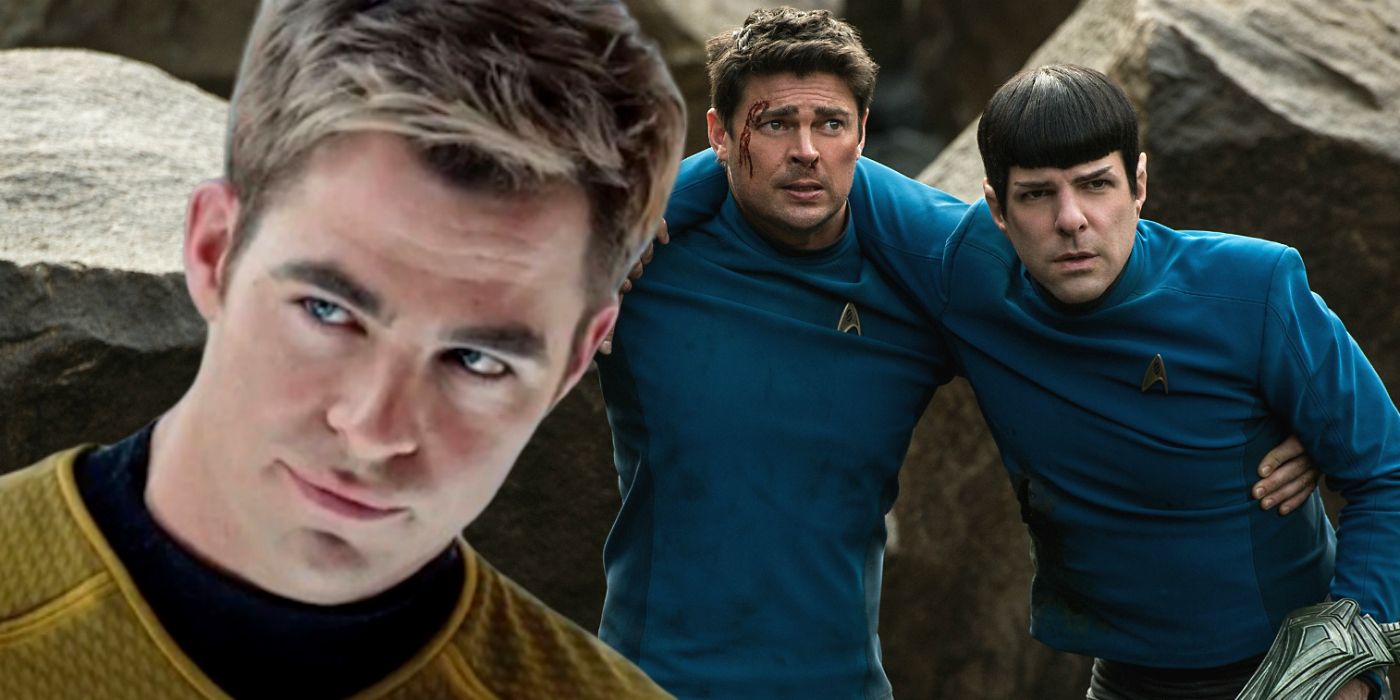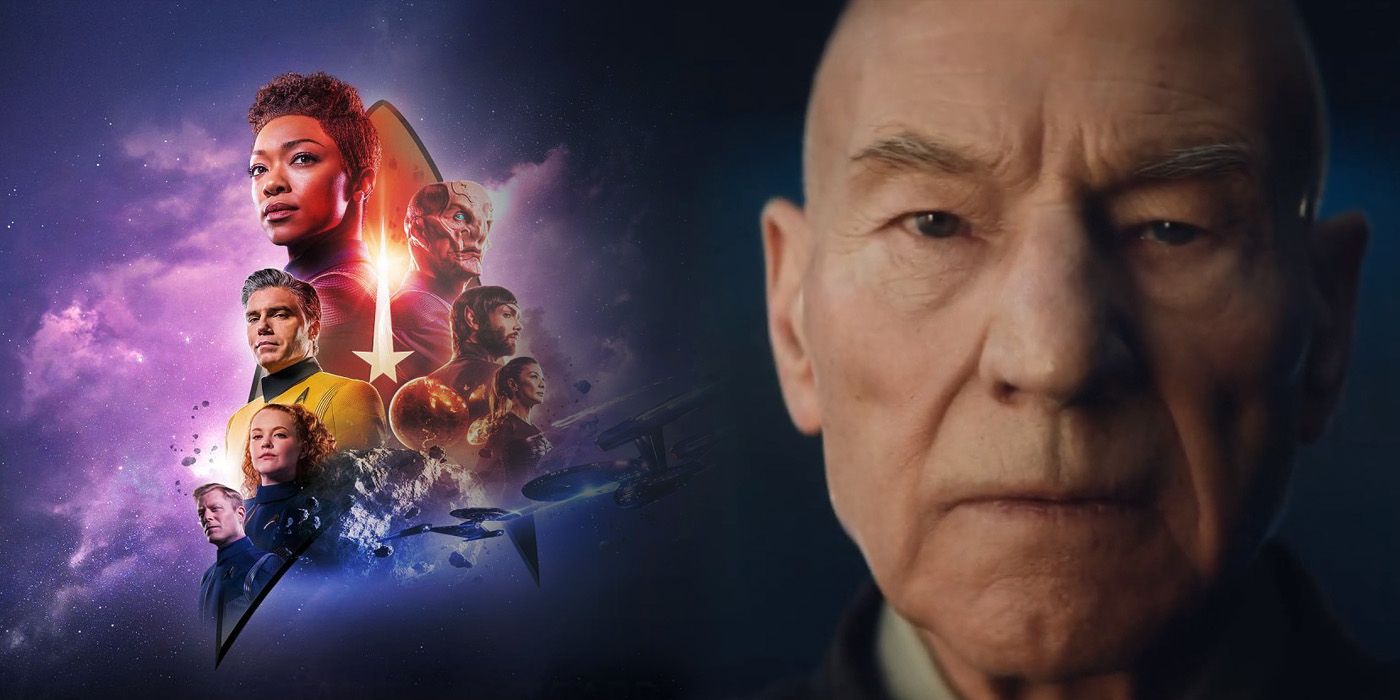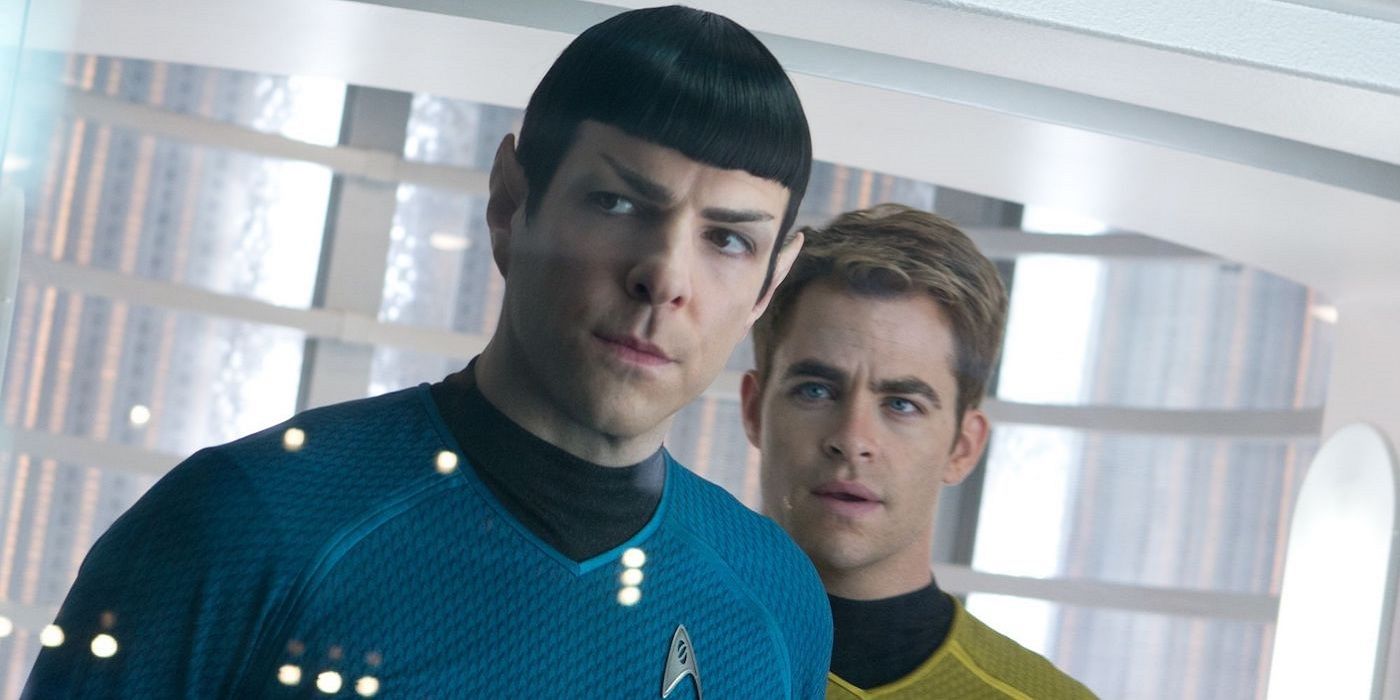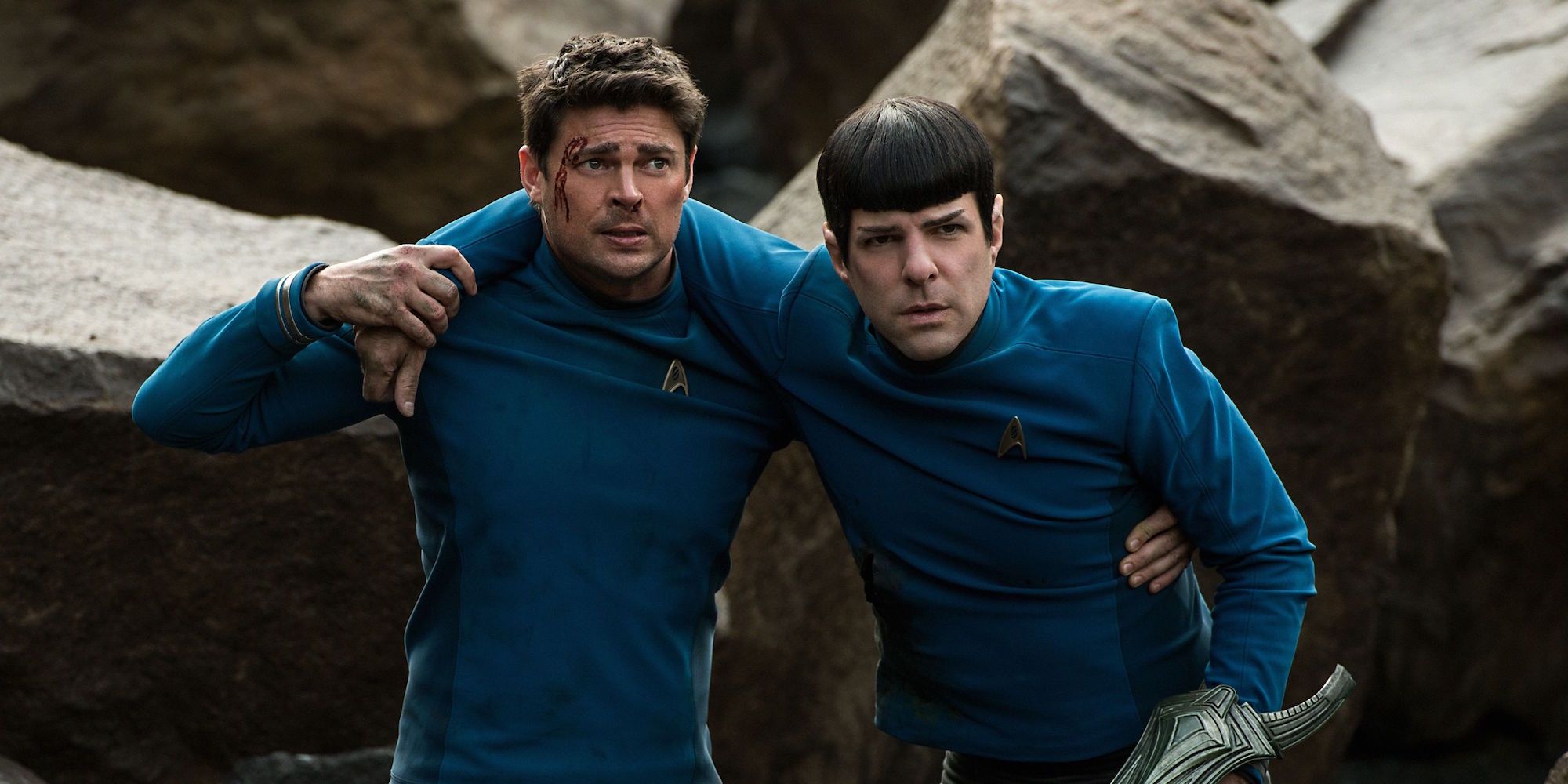To the surprise of almost everyone, Star Trek 4 is happening - and it still has the chance to be a great movie. The parallel universe films - known to fans as the Kelvin timeline - starring Chris Pine and Zachary Quinto as Kirk and Spock will return for a fourth outing with a new director - Fargo and Legion mastermind Noah Hawley. Despite the critical and financial failure of his first feature film, Lucy In The Sky, Hawley is one of the most dynamic, unpredictable storytellers working today, and letting him loose on the world of Star Trek seems like an opportunity for some truly original adventures in the final frontier.
The central question about this film has little to do with its talent or story, but rather whether or not it's even a good idea for it to exist. The last Star Trek film, 2016's Star Trek Beyond, was warmly greeted by critics and Trek fans, but was a box office disappointment. Star Trek as a franchise is in a very different place than it was just three years ago; Star Trek: Discovery was still in the middle of its chaotic birth, while Star Trek: Picard was an unfathomable pipe dream.
There's also the reality that the franchise's corporate overlords are united again for the first time in well over a decade, meaning there can be synergy with the films and TV shows again, something one would assume CBS and Paramount are salivating over in this age of shared universe hysteria. So why go back to the Kelvin timeline now? There are both good reasons and bad ones for revisiting the lens flare Enterprise, and we're breaking down what it needs to do to be a success.
Star Trek's Future Is Currently On TV
Star Trek's roots are in television, and the small screen has always been its most natural home. After a twelve year absence, Star Trek returned to TV in 2017 with Discovery. While Discovery has proved polarizing among Star Trek fans - most Star Trek series are, to be fair - it's become a tremendous success, reaching new heights of popularity particularly in its Pike-centric second season. Discovery's success has naturally led to plans for small screen expansion, with several new shows currently in development, including Lower Decks, an animated adult comedy from Rick and Morty writer Mike McMahan, and a Section 31 spinoff starring Michelle Yeoh's Mirror Universe renegade Phillipa Georgiou.
Arguably the biggest - and inarguably the most anticipated by fans - however, is Star Trek: Picard. The return of Patrick Stewart to the franchise that made him a household name over 30 years ago feels like an event, and two riveting trailers have done nothing but build the hype and delirious anticipation even further. Notably, it's the first project that will move the franchise's timeline forward since the last time Stewart put on his space suit in 2002's Star Trek Nemesis. There's an excitement and uncertainty to pushing into the unknown of Star Trek's future that's simply more creatively potent and interesting than reboots or prequels.
Despite Star Trek's natural home being television, there are still plenty of great movies too, including a couple of the Kelvin timeline films, and it's not like Paramount is simply going to stop making Star Trek films. But there's no question that the energy of the franchise, for both its creators and fans, is currently with the television projects.
Why Star Trek 4 Could Fail
Star Trek 4 is going to have some serious hurdles to overcome. The most obvious issue is audience fatigue with the Kelvin timeline films. Each of the Kelvin films made less money domestically than the film before it, suggesting its popularity peaked with the first (and best) film in the trilogy. Star Trek Beyond was well received by critics and fans, but landed softly at the box office and became the first Star Trek film since Nemesis that likely lost money. It almost seems as if Star Trek is ill-equipped to take on Star Wars at the theater; the Kelvin films have often taken criticism for being action/adventure movies in the vein of George Lucas' massive sci-fi epic more than they are Star Trek stories, and the return of Star Wars to box office dominance has shown once again that Star Trek is simply not the ideal venue for that kind of straightforward, widescreen storytelling. The franchise even somewhat embarrassingly lost the director of the first two Kelvin films, JJ Abrams, to Star Wars.
Ironically, Beyond ended with what could have been a nice swan song for the Kelvin timeline, with each of the Enterprise senior officers reciting the "Space, the final frontier" oath as the new Enterprise-A finishes construction and sails into the stars to take on new adventures. It's almost a shame to spoil the possibilities of that simple, hopeful conclusion.
Perhaps the biggest issue Star Trek 4 will have to face is a truly sober one. Anton Yelchin - the Kelvin timeline's version of Ensign Pavel Chekov - died in a freak accident in 2016. It's bad enough trying to imagine the Enterprise without the plucky Russian navigator, but it's almost too much to imagine how the film might be forced to deal with his absence, as producer JJ Abrams has vowed they will not recast Chekov.
How Star Trek 4 Can Succeed
Despite the obstacles in its way, Star Trek 4 still has plenty of inherent strengths. First among them, as always, is the sterling cast. Chris Pine is a much bigger star than the last time he donned Kirk's gold and black, and rightly so; through Wonder Woman, Hell Or High Water, and Outlaw King, he's more than proved his versatility as a leading man, a supporting character, and a reliable source of levity. Karl Urban's iteration of Bones has always felt like he was channeling the late DeForest Kelley; it was magical the first time he did it and it still is. Zachary Quinto, Zoe Saldana, Simon Pegg, and Jon Cho all bring plenty to the table, to the point it sometimes seems like they get short shrift in these films.
The other reason for optimism is Noah Hawley. Anyone who watches Legion and Fargo knows Hawley is a special, generational storyteller, and letting him loose on a big franchise like this is, frankly, something of a risky proposition for Paramount, but an exciting one for sure. Hawley is a visual wizard who still takes the time to craft fully realized, likable characters in his sometimes labyrinthine storytelling style. Whatever he comes up with, it's sure to take Star Trek to places it hasn't been before, and you can't ask for much more than that.
Star Trek is at something of an inflection point. As the films have slid out of the public consciousness, the TV properties have been ramping up. It's hard to gauge just how big Star Trek: Picard could be, but it seems poised to take Star Trek - and CBS All Access - to new heights. In some ways, returning to the Kelvin films feels like a step backward for the franchise, a vestigial limb from the franchise's wilderness years. But there's still more than enough talent in front of and behind the camera to deliver a great movie, and maybe even one that can show that the 53 year old science fiction institution can still surprise its fans and find new ways of telling stories in the 23rd century and beyond.




